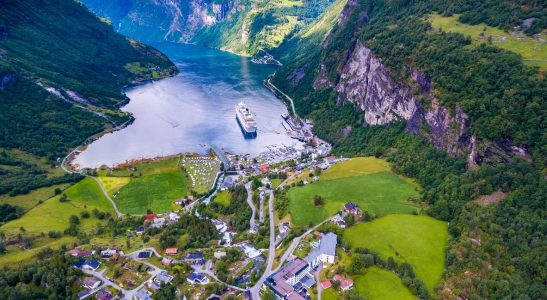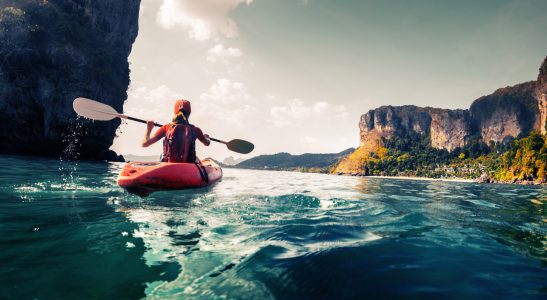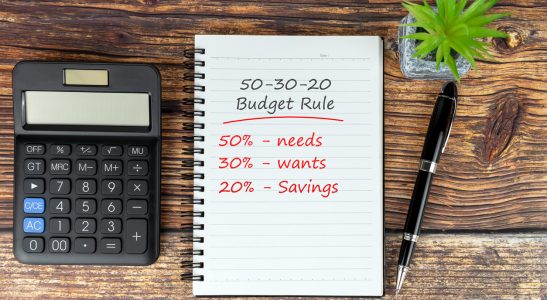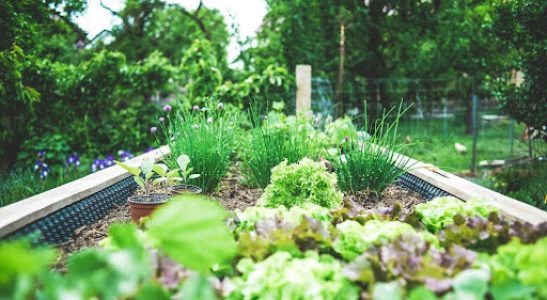Planning Your First Solo Camping Trip
Solo camping can be a great way to enjoy the freedom of being on your own. Here, Hannah Rose-Wynter, from Boutique Camping, shares her tips for planning your first solo camping trip.
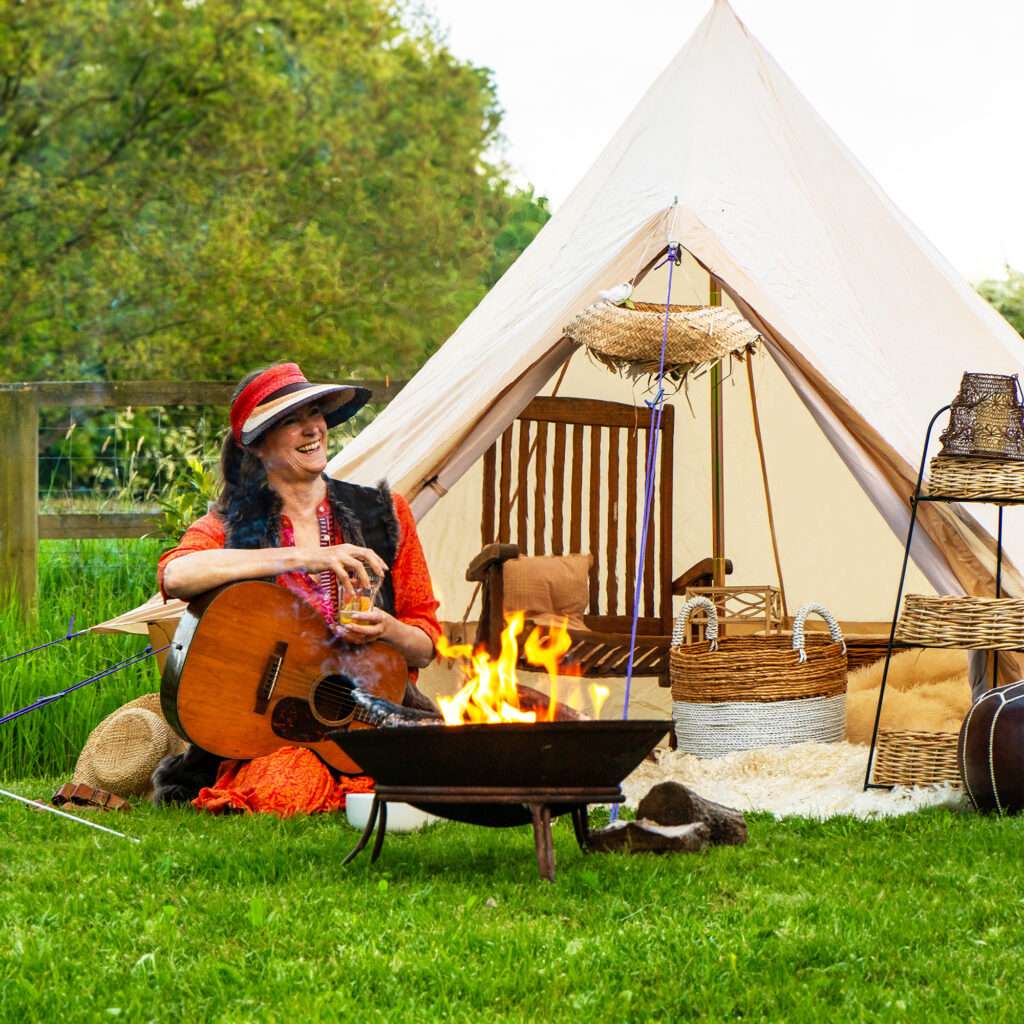
The UK has so many great camping spots, and you don’t need to wait for friends and family to come along with you to enjoy them. In fact, solo camping offers a rare opportunity to get away from it all and enjoy some alone time, live slowly, and soak up all that nature has to offer. Plus, it’s a great way to boost your confidence at your own pace.
When it comes to planning your first solo camping trip, being prepared is essential. Below, I’ll offer my advice for planning your camping trip, so you know what to expect and what to take with you.
Choose a good location
When camping on your own for the first time, it’s a good idea to choose a location or campsite that’s not too far from home. This way, you’ll already be familiar with the area and its roads and trails, and you’ll be just a few hours away if you encounter any problems like bad weather. It’s also wise to choose somewhere less remote, so you know there’ll be people nearby if you need a helping hand or a companion.
Make sure you send the details of your camping location to your family and friends, too, so they know where you are. Once you get to your campsite and have pitched up your tent, send them a What3Words code so they know the exact coordinates that you’re staying at. However, make sure not to tell anyone online where you’re staying, and avoid geotagging your location on social media.
Four destinations for solo campers
The UK is brimming with scenic destinations that are perfect for planning a solo camping trip. Here are four locations that are perfect for those seeking solitude, natural beauty, and a bit of adventure.
The Lake District, Cumbria
Widely regarded as one of the most beautiful spots in the UK, the Lake District offers serene lakes, fells, and craggy peaks. Solo campers can enjoy peaceful walks, reflective moments by the lakeside, and the feeling of being immersed in nature. It’s also well-equipped with established campsites, so you can choose the level of amenities to suit your preference.
Dartmoor, Devon
Dartmoor is one of the few places in England where wild camping is legally permitted in certain areas. Solo campers can choose a secluded spot, gaze at the stars in the dark skies, and truly disconnect. You might not be totally alone, however, as you’ll be sharing the moorland with around 1,500 Dartmoor ponies!
Skye, Scotland
The Isle of Skye boasts some of the most dramatic landscapes in the UK, with coastal cliffs and mountain ranges like the Cuillin giving the area an ethereal beauty. Wild camping is also legal in Scotland, so you’re free to pitch up as close or as far away from civilisation as you desire. Plus, there’s the added draw of potentially witnessing the Northern Lights!
The South Downs, Sussex and Hampshire
A bit gentler than some of the other options on this list, the South Downs Way offers rolling chalk hills, ancient woodlands, and picturesque villages. It’s ideal for less-confident campers who’d prefer to stick to easier trails while adventuring solo. Plus, there are plenty of cosy pubs and inns nearby if you’d like to add a bit of social interaction to your stay.
What you will need for your first solo camping trip
Pick a good tent
A three-metre tent will be big enough for one person, with a little extra room to store your stuff. This size will also be lightweight enough to carry around on your own. However, if you want to treat yourself to a more luxurious experience, then opt for a four-metre tent, which will offer extra lounging space with room for a seating area.
While size is important when choosing your tent, the material of your tent is just as vital. Of course, you’ll want to opt for a waterproof fabric when camping in the UK, but you may also need to bear other factors in mind, such as breathability, darkness, anti-mould rating, fireproofing, and stove compatibility, depending on what you’ll be using your tent for.
Pack all the essentials
Preparation is key when it comes to camping, especially when camping alone, so make sure you’ve packed all the essentials. First of all, you’ll need somewhere to sleep. A single mattress and sleeping bag are big enough for one person and are lightweight enough to carry yourself. It’s a good idea to opt for a roll-up bed or self-inflating mattress, too, so you don’t need to carry a pump with you.
Other essentials you’ll want to take along with you include:
- Lighting — such as a torch, lantern, or even a tent light.
- Camping stove and fuel
- Cooking utensils
- Food
- First aid kit
- Clothes, plus extra in case you get cold or wet.
Don’t forget a trusty camping trolley to carry all your essentials to and from the car as well!
Consider entertainment and add-ons
When camping alone, you won’t just need the essentials. You’ll want to make sure you’ve got plenty to keep you entertained while you’re away from home, so think about what you’d like to bring along to do on your trip. Alongside some basic entertainment like a good book, consider packing a pair of binoculars that will let you enjoy the wonders of nature while you’re sleeping in it. You can also stargaze with binoculars too, so you can enjoy the nighttime just as much as the day.
Staying safe: solo safety tips
Camping on your own can be incredibly fulfilling, and it offers a unique opportunity to connect with nature in solitude. But it can bring a couple of unique challenges, and you’ll only have yourself to rely on. So, you’ll want to take a couple of precautions to keep yourself safe for the duration of your trip.
- Remember to inform someone you trust about your intended route and when you expect to return, and keep them updated with your movements. This way, they can raise the alarm if you’re not back by a certain time.
- As a solo camper, the last thing you’ll want is to get lost. So, always bring an up-to-date map and compass — you’ll be heading to some remote areas, so it’s best not to rely too much on your phone or car sat-nav.
- When heading out on hikes or walks, be sure to carry essentials like water, food, and a first aid kit. It’s also a good idea to carry a whistle and flashlight, as these can help you signal for help from a distance should you need assistance.
- You’ll also want to check the weather before you travel. Our UK weather can be incredibly changeable, especially at high altitudes, so check the forecast before heading out on any hikes. If it’s going to be very windy or visibility will be poor, you might want to postpone your trip until the forecast is a bit more favourable.
- Be sure to take basic security precautions with your valuables. For example, don’t leave your valuables unattended if you leave your tent, and ensure you have the most important stuff — like your keys, wallet, and phone — with you at all times.
- Finally, be wary of taking any unnecessary risks, especially when you’re on your own in an isolated place. Avoid tricky stretches of terrain or river crossings if you’re not confident.
A solo camping trip can be a great experience, and the tips above should help you plan the perfect camping trip this summer. For even more advice on navigating the world when you’re single, take a look at the solo travel guides at Solo Living.



